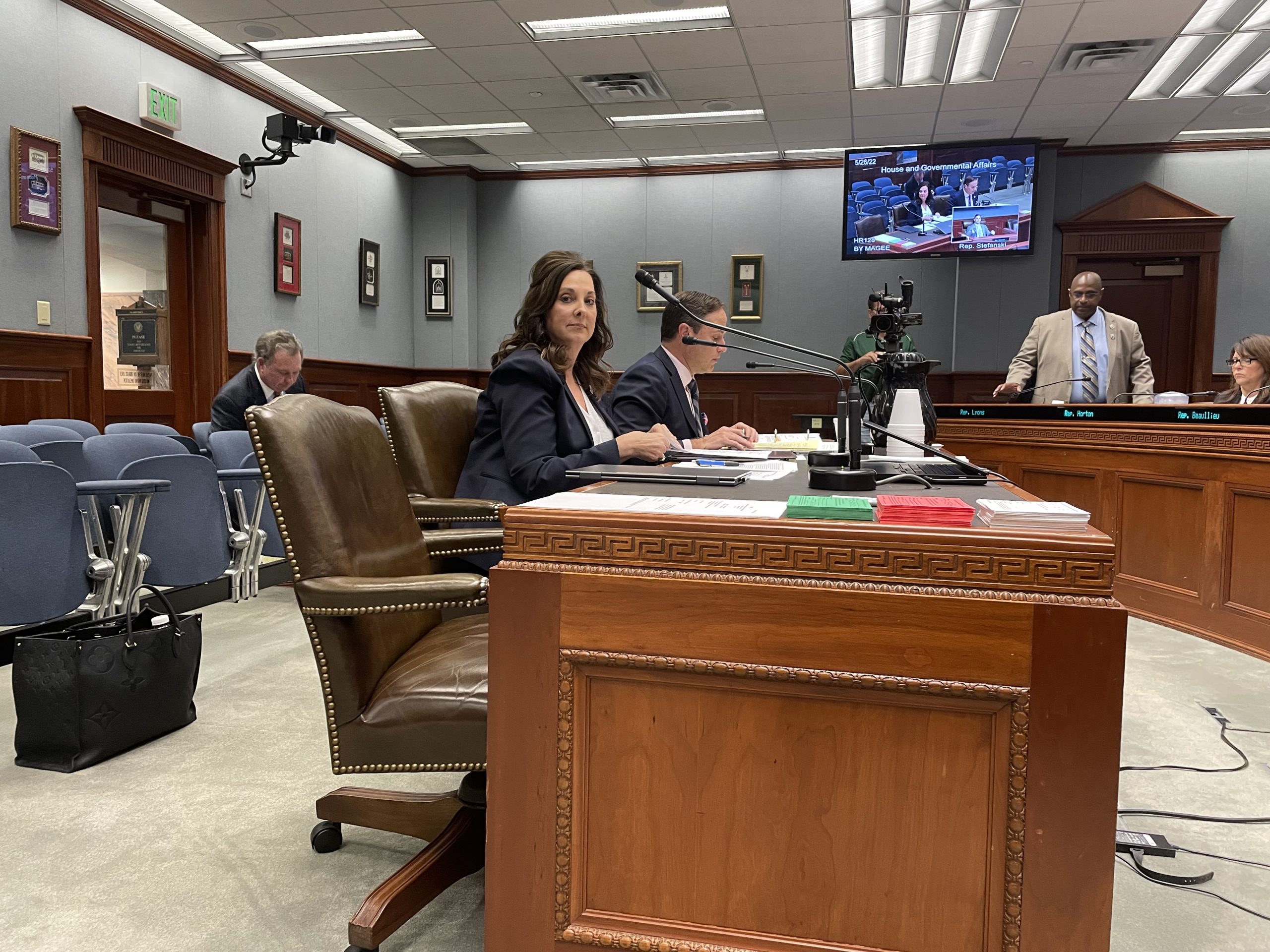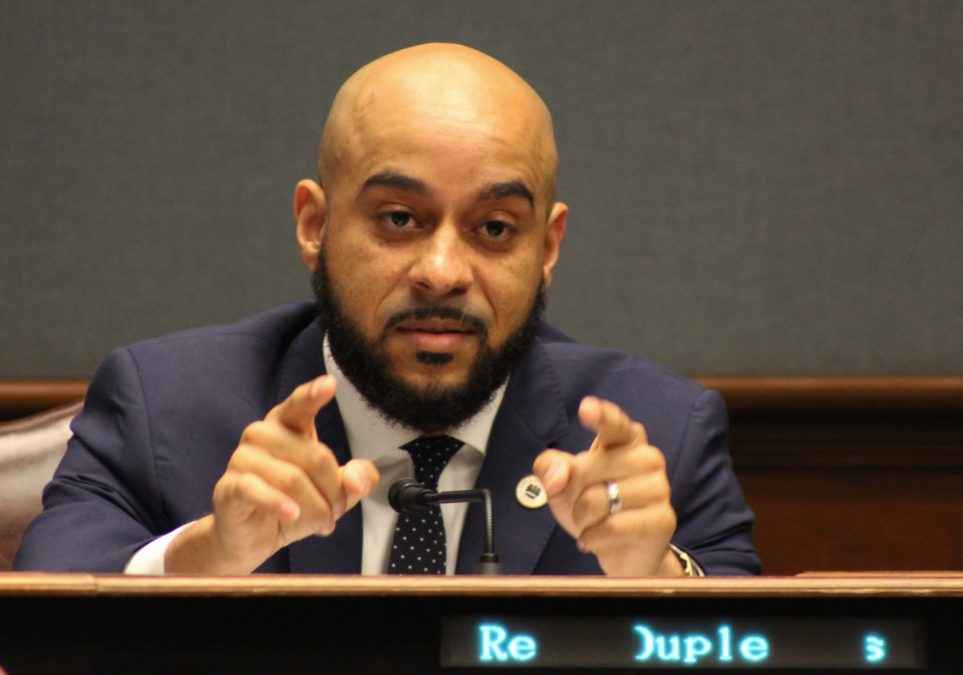
Market at the Marina this Saturday, June 4 in Houma
June 1, 2022
House passes bills to restrict guns for some former juvenile offenders
June 1, 2022By Alex Tirado, LSU Manship School News Service
BATON ROUGE–The Senate Judiciary C Committee unanimously passed a bill Tuesday that would provide for the automatic expungement of qualifying criminal records.
House Bill 707, authored by Rep. Royce Duplessis, D- New Orleans, would automatically expunge records of arrests, misdemeanors and felonies in certain circumstances.
Individuals convicted of felonies must wait a decade after completing their sentences before receiving an expungement, while those convicted of crimes of violence and sex offenses are not entitled to expungement.
Setting up the new system would cost the state $3 million in the first year.
The bill’s fiscal note estimated a cost of $1 million per year after that because of the involvement of multiple government entities and the increased workload associated with processing some 2.5 million records, and the cost could still derail the bill.
Sen. Bodi White, R- Baton Rouge, expressed concerns about the cost, and he chairs the Senate Committee on Finance, which also will consider the bill.
The bill would create a chain reaction starting with the Bureau of Criminal Identification and Information identifying criminal records eligible for expungement and notifying the Louisiana Supreme Court Case Management Information. It will then notify local clerks of court and sheriff offices to expunge those records.
In his opening remarks, Duplessis addressed the need for the bill and the burden the costs of expungement put on individuals.
“Oftentimes what stands in front of them being able to get an expungement is the cost and the amount of time,” Duplessis said. “Many people don’t get them, and they end up having these matters on their records that stand in the way of jobs, stand in the way of housing.”
Because the bill would make the expungement of records automatic, there would no longer be a cost attached to the court process, making it more accessible to individuals in tight financial situations.
Sarah Whittington, senior staff attorney for the Justice and Accountability Center of Louisiana, spoke in favor of the bill, highlighting the benefits it would bring back to the state.
“If we can upgrade the systems in the state of Louisiana to communicate with each other effectively, efficiently, for benefit to the individual, data shows it is actually going to be a greater return on investment for the Louisiana economy,” Whittington said.
But the $1 million-a-year will cost to the state could be a hurdle when the bill is discussed in the Senate Finance Committee.
“I can’t get past the cost,” White, the Finance Committee chairman, said Tuesday. “I mean, we already pay for the public defender, we pay for the district attorney, we pay for the jail time and now we are going to pay for the convicted felon’s expungement?”
Duplessis said that House Bill 1, which provides the state’s operating expenses for the fiscal year, has money appropriated for the bill contingent upon its passage.
Sen. Regina Barrow, D-Zachary, suggested adding an amendment to the bill that would create a sliding scale for people who could cover some of the cost of expungement.
Debbie Hundall, executive director of the Clerks of Court Association, also expressed concerns that the clerks of court of all 64 parishes must be funded to implement an automatic expungement system.









